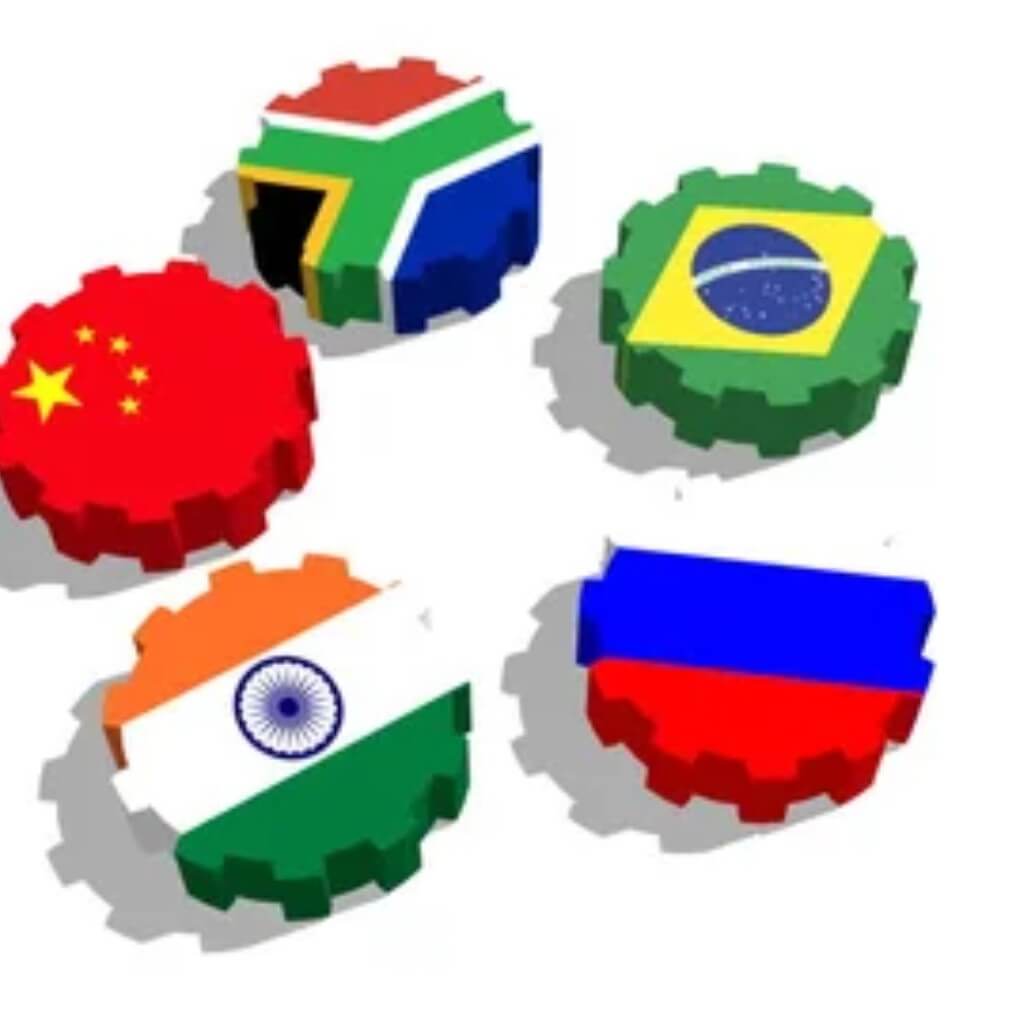While global trade sees a flurry of currencies in motion, the idea of completely sidelining the U.S. dollar in favor of others, like the yuan, ruble, or rupee, remains a distant dream.
Within the BRICS alliance, India stands firm in its belief that the mighty dollar’s dominance won’t wane anytime soon, despite the appeal of de-dollarization.
The Lure of Local Currency: A Mirage or Reality?
Oil and gas transactions paint a vivid picture of this dynamic. While other countries have dabbled in alternate currencies for oil trades, the dollar remains king. Indian Oil and Gas Minister, Hardeep Singh Puri, asserts that the dollar will continue its reign in international oil markets.
“I’d love to see every deal sealed with rupees, but I’m no idealist,” he shared during the Business 20 meeting in New Delhi. This candid confession from one of the BRICS members, known for its rich trade ties and economic prowess, underscores the challenges of replacing the dollar.
The real-life experiment of using local currencies is evident in India’s recent oil trade actions. When sanctions hit Russia post its invasion of Ukraine, cutting off its access to the SWIFT system, some Indian refiners reportedly switched to the Chinese yuan to pay for Russian oil imports.
In a bold move, India Oil Corp even settled a substantial payment in rupees for oil barrels from the United Arab Emirates. These moves hint at a shifting economic landscape where countries are exploring means to dodge the dollar.
Additionally, partnerships between countries like India and Malaysia to use the Indian rupee for trade settlements indicate a slight drift towards de-dollarization.
Yet, how significant is this trend? If we’re talking numbers, the percentage of rupee transactions remains a drop in the ocean compared to the vast sea of dollar exchanges.
BRICS and the Currency Conundrum
The BRICS nations have always been at the forefront of economic discourse. The South African BRICS summit shed light on the idea of a common currency.
Brazil’s leader, Luiz Inácio Lula da Silva, opined that a unified currency might amplify payment options and strengthen the bloc. But, as Puri puts it, does that imply a new global currency is on the horizon?
It’s not just about introducing a new currency; it’s about challenging well-established trade and payment arrangements that have stood the test of time. International arrangements, trading dynamics, and payment pathways have deeply ingrained the dollar in the global market’s psyche.
Puri acknowledges the uphill battle for the rupee or any other currency to rival the dollar. “Dream as I might of the rupee being the world’s lead currency, reality hits hard,” he said, referencing the economic disparities between countries.
When a nation like India, with a $4 trillion economy, acknowledges that half its transactions are external, it emphasizes the practical challenges of veering away from the dollar.
Bottomline is while the BRICS nations and other countries might toy with the idea of de-dollarization, it seems like a daunting task to unseat the U.S. dollar from its throne. The practicalities, longstanding arrangements, and sheer dominance of the dollar are, for now, unbeatable.





